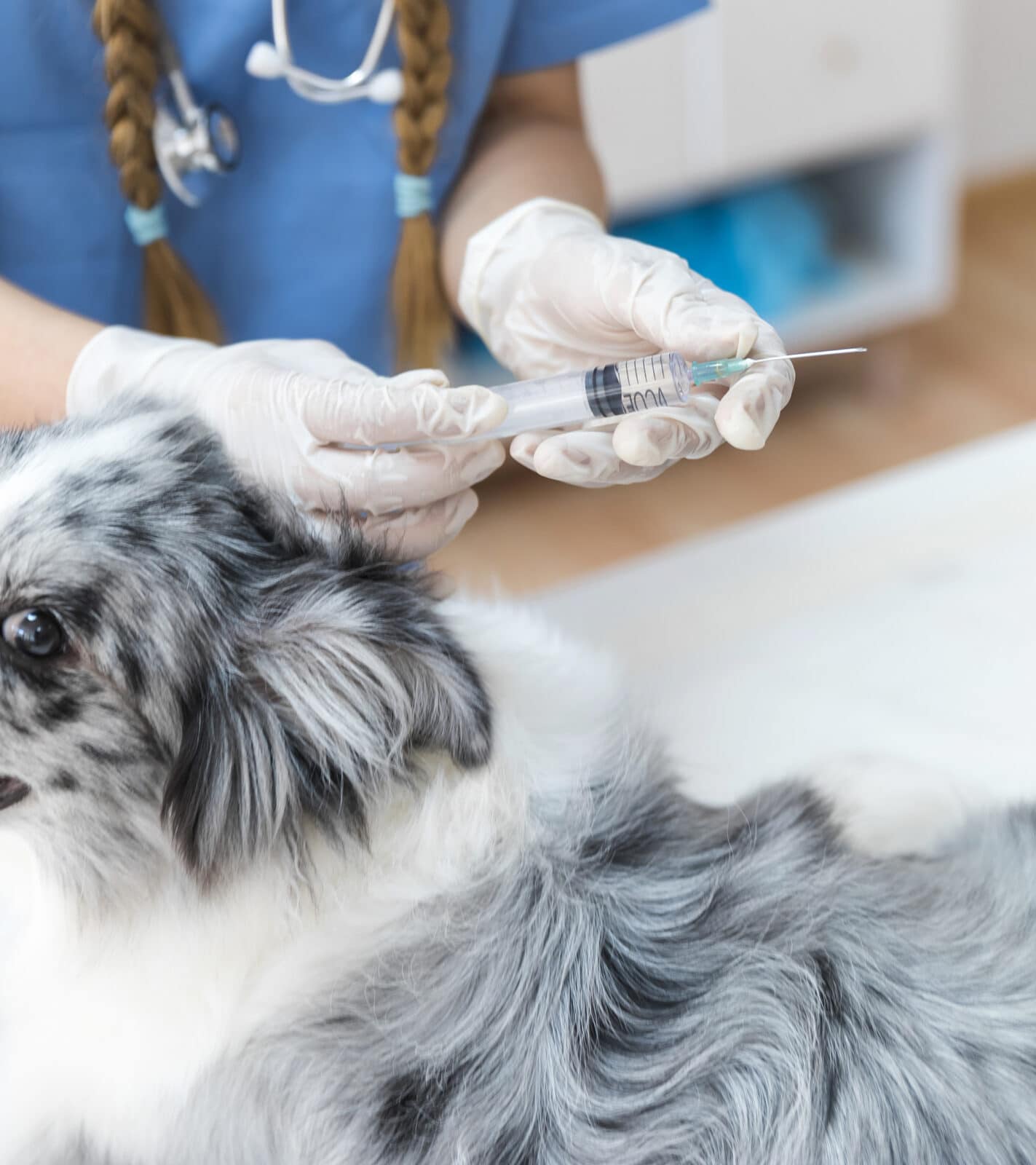Pet Vaccine – Why You Should Vaccinate Your Pet
Vaccines are in the news and social media constantly, as some people, often dubbed anti-vaxxers, choose not to vaccinate their children or pets. Regardless of the circumstances, vaccines are essential to protect your dogs and cats against potentially deadly bacterial and viral infections. Vaccines are not used to cure diseases but rather to prevent them. They protect against viral infections such as rabies that pose a health hazard to people and animals. They are also used to help provide protection against infections such as parvovirus, which is especially common in puppies, and Bordetella infections commonly clumped together with other respiratory infections as kennel cough.
Pet Vaccines
Vaccines are important to keep your pet healthy. These injections are generally developed over the course of many years and often contain either a weakened version of the pathogen, referred to as modified live vaccines, or a killed version of the pathogen. When a vaccine is given, your pet’s body produces antibodies, which target and kill disease-causing organisms when they enter your dog or cat’s body. Scientific evidence supports that, for most pets, vaccines are safe. In rare circumstances, pets have autoimmune disorders that make receiving vaccinations dangerous, but your veterinarian can help you determine if this may be the case. The widespread use of vaccinations over the last several decades has virtually eradicated certain diseases, meaning that many illnesses that used to be common are now rarely seen by veterinarians.
“Vaccine Hesitancy”
The World Health Organization has listed vaccine hesitancy, or a tendency to not get vaccinations, as one of the top ten threats against global health, according to Understanding Animal Research. In people, there have been large increases in the percentage of people affected by commonly preventable diseases such as measles, and dogs and cats could be next. In studies by Britain’s People’s Dispensary for Sick Animals, in 2018 alone, over 2 million dogs in the United Kingdom had not had their core vaccinations when they were young. Over 20 % of people considered vaccines to be unnecessary for their pet, while others have claimed a link to autism. In humans, there has been no proof of vaccination links to autism. There have been no reported cases of autism in dogs or cats, meaning that vaccination does not cause it.
Vaccines Available
Vaccines are available for a slew of different bacterial and viral infections, and some vaccinations for our pets keep people healthier as well. Both dogs and cats are at risk for rabies virus, which is virtually 100% deadly in any animal it infects. According to the PDSA, dogs can be vaccinated against infections such as parvovirus, canine distemper, and Bordetella. Another potentially zoonotic, or contagious to humans, infection is leptospirosis. In The United States, dogs can also be vaccinated to help protect against Lyme disease. Cats are also at risk for a variety of infections that vaccines help protect against, including feline leukaemia, calicivirus and feline viral rhinotracheitis. Combination vaccines are available for dogs and cats to protect against a variety of these illnesses.
In Summary
Pet vaccines are essential to maintaining the health and wellbeing of your dog or cat. While many people around the world cite these injections as being dangerous, it’s actually more dangerous to your pets – and to you – to not vaccinate your dog or cat. At My Peterinarian we will soon start offering vaccination services. To find out more about our vaccination services, send us a message through our website.

